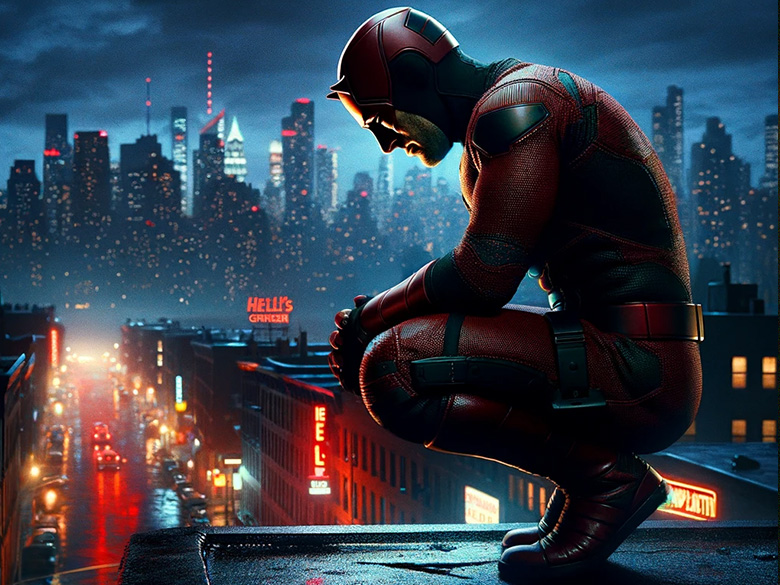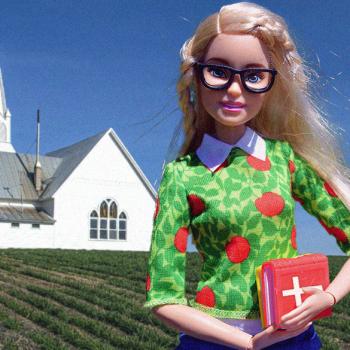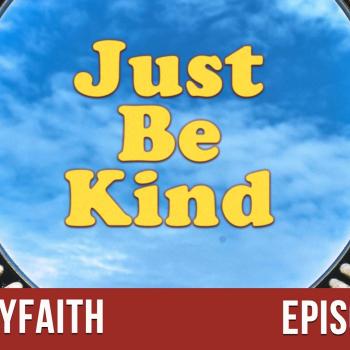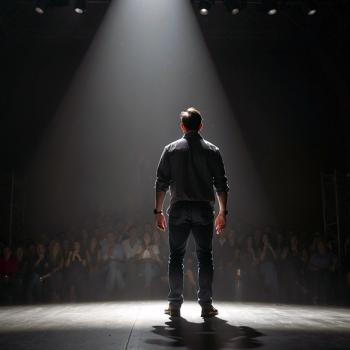
In the realm of spandex-clad heroes and villains, Daredevil stands out—not for his acrobatic exploits or his not-so-secret identity as Hell’s Kitchen’s very own blind lawyer, Matt Murdock, but for his unyielding devotion to self-torment. Yes, in a universe where characters routinely shrug off invasions from alternate dimensions, our man Matt is embroiled in a far more daunting battle: the fight against his own guilt. It’s a spectacle that makes one wonder if his true arch-nemesis is actually… himself.
The latest story arc from the creative minds of Saladin Ahmed and Aaron Kuder (Daredevil #6, for those keeping score at home) brings this internal conflict into sharp relief. Here we find our hero not leaping across rooftops in pursuit of justice but kneeling atop one, embroiled in a heart-to-heart with the Almighty—or rather, a heart-to-self, since the crux of his “confession” is his perceived failure to meet God’s lofty expectations. Enter Father Javi, stage left, with a scriptural mic drop: “Mercy triumphs over judgment” (James 2:13). Four words poised to do what no villain has yet managed: liberate Daredevil from his self-imposed chains.
The Role of Mercy in Overcoming Personal Demons
This moment is less about divine intervention and more about divine introspection. It’s a poignant reminder that, in the quest for righteousness, we often forget the fundamental principle of mercy—especially when it comes to judging ourselves. Murdock’s ceaseless self-flagellation is a stark emblem of a culture obsessed with perfection, a narrative thread as applicable to our real lives as it is to the fictional streets of Hell’s Kitchen.
So, what does Daredevil’s journey toward self-forgiveness teach us mere mortals? Firstly, that we’re probably our own worst critics. We set bars so high that not even a superhero could leap them in a single bound. Daredevil’s struggle is a magnified reflection of our everyday battles with guilt, shame, and the often unrealistic standards we impose on ourselves, religious or otherwise.
Father Javi’s cameo is a masterstroke, serving as a gentle yet firm reminder that mercy is not just a divine prerogative but a human necessity. In a world that often equates forgiveness with weakness, Daredevil rebels against this notion, championing mercy as a strength, particularly the mercy we extend to ourselves.
Lessons in Self-Compassion from Hell’s Kitchen
But let’s not pat ourselves on the back just yet. For every Father Javi offering sage advice from the sidelines, there’s a legion of voices, both external and internal, ready to remind us of our failings. The real challenge lies in discerning which voices to heed and which to silence. Daredevil’s journey suggests that perhaps the path to true heroism—both in comic lore and in life—begins not with vanquishing external foes but with embracing our own vulnerabilities and learning to forgive ourselves.
In an age where organized religion often gets tangled in its own cape of judgment and exclusion, Daredevil’s story arc stands as a beacon of hope. It whispers (or, in true superhero fashion, shouts from the rooftops) that mercy, compassion, and self-forgiveness are not just lofty ideals but practical, everyday choices. Choices that can transform our inner landscapes more profoundly than any cosmic battle ever could.
So, as we close the comic book (or digital app), let’s take a moment to reflect on Daredevil’s epiphany. Let’s dare to forgive ourselves, to lower our self-critical shields, and to acknowledge that, sometimes, the bravest thing we can do is show ourselves a bit of mercy. Because, in the end, we’re all just flawed heroes trying to navigate our own versions of Hell’s Kitchen, hoping to find a bit of peace amid the chaos.
And to all the self-proclaimed Daredevils out there, remember: mercy triumphs over judgment. It’s time to hang up the boxing gloves of self-reproach and, perhaps, pick up a pint of ice cream instead. After all, even superheroes need a break.
For more Snarky Faith check out the podcast:


















